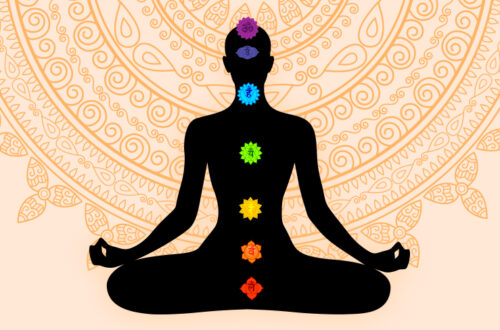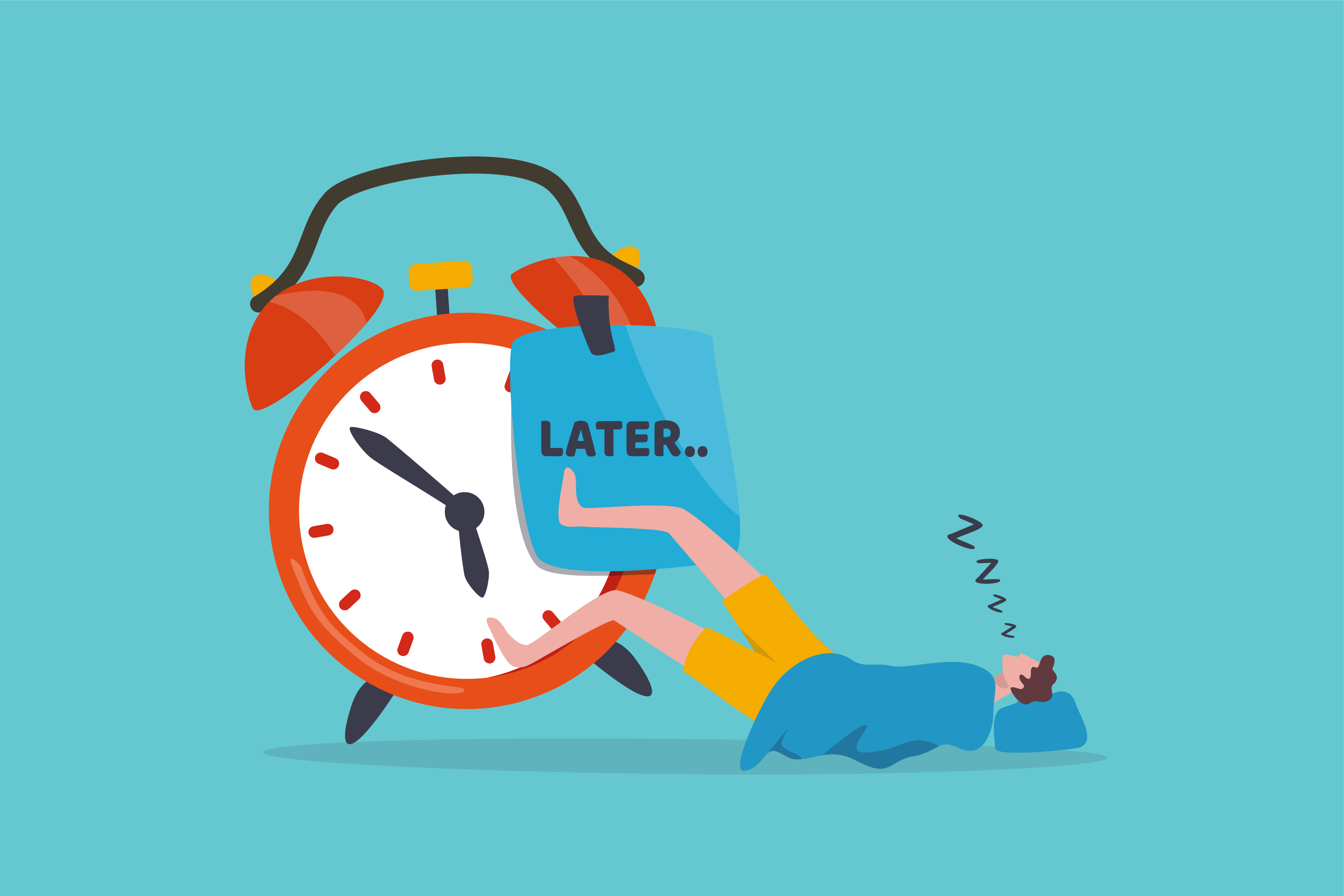
THIS IS PROBABLY WHY YOU PROCRASTINATE
Procrastination is probably something you are already familiar with. We all have been there, done that. So what is the mystery behind this very popular word which has such a bad rep? Why do we, have such a strong tendency to put off things? Why is getting work done or getting into the flow such a challenging task? Why is our to-do list, never fully checked off?
Before we start, I just want to point out that procrastination is a process, it is NOT a personality trait. It is something we CHOOSE to do. Every time we choose to procrastinate it is representative of something else that’s going on in your life. Procrastination in itself is not a problem, it is a symptom of a bigger issue. That’s why when you feel confused as to why it is happening, its best to narrow it down and find that one thing which is makeing you choose to procrastinate.
From my experience of understanding the human psyche, and with working closely with numerous clients over the years, here are my Top 4 reasons for ‘Why we Procrastinate?’ I invite you to go through each of the reasons and see which one resonates with you. There might be a few reasons that overlap for you and that’s ok too. Human behaviour has no fixed template. We work with what we uncover.
Before we go onto my reasons, I’m pretty sure you all have your own theories of why we procrastinate and I would love to hear them. So reach out & let me know at: https://nandrihealing.com/reach-out/.
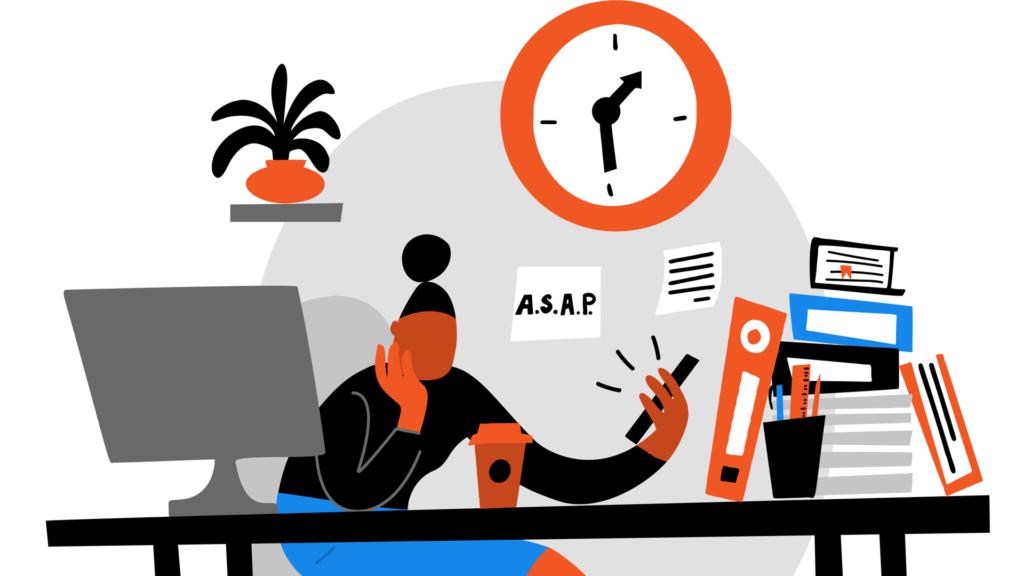
TOP 4 REASONS WHY WE PROCRASTINATE?
CORE BELIEFS: When one of our core Self Concepts goes something like, ‘I won’t be able to do this anyways’; it sets the subliminal ground for avoiding doing the task in the first place. We do not like ‘failing’ (read failure as our inability to meet expected outcomes) especially humans of the 21st century. Fear of failure makes us skip any job that we think is out of our league and will end in disappointment. This core belief gets formed through past negative associations. Having failed previously and felt terrible about it, it is understandable how we would actively avoid going down the same path.
Another core Self Concept that propagates procrastination is, ‘It needs to be perfect!’. Perfectionism though many times has good intentions but it can drive us up an illusionary wall. And when this happens, not doing the task because we won’t be able to do it perfectly becomes a big obstacle.
So whether we start off something and are unable to complete it or we have trouble starting in the first place; it might not be that specific task we are putting off but the possibility of failure and the discomforting feeling that comes with it.
If this is you, I suggest you work with your Self Concept. You can use affirmations, CBT therapy or deep introspective self work to stabilise.
OVERTHINKING BURNOUT & EMOTIONAL DE-REGULATION: Thinking all day? Overthinking in itself can be classified as a modern day pandemic. But while the process happens behind the private walls of our mind, its repercussions are seen externally in our lives, one of them being procrastination. Overthinking burnout is when we exhaust our Prefrontal Cortex (the thinking part of our brain) with overthinking so much that when sitting down to complete tasks, we are already super tired. Hence seeing a list of 12 tasks on your screen seems like a mammoth task. You might do the first 3 and find your mental energy already spent being unable to continue further.
We also lose our energy in emotional regulation. When going through an emotionally challenging time, we are exhausted just because we are trying to keep our emotional state in check and deal with the situation. That’s why when facing hard times, slacking off from work becomes a norm.
If this is you, I suggest during emotional turbulent times, take limited tasks at hand and be gentle with work. For those of us who are part of the overthinking pandemic; journalling and mindfulness exercises will be helpful.
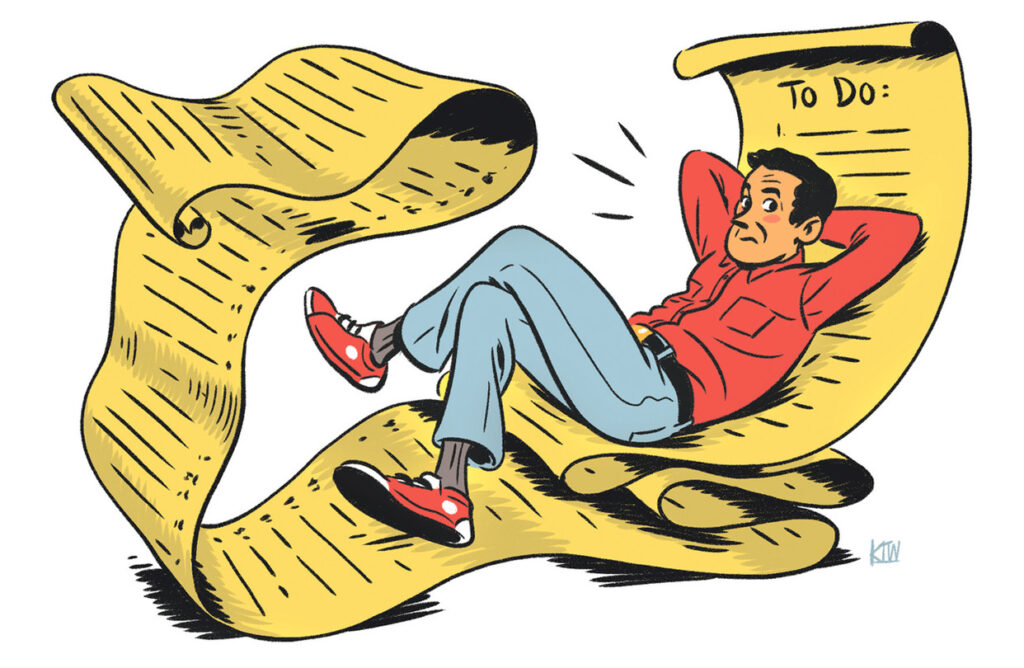
ENGAGEMENT AVOIDANCE: Okay, so this one is big. I say that because it uncovers a bigger problem that we might be going through. We’ve established that procrastination is a choice we make to avoid action, right? The action might be to make the call, join the class, send off that email, get out off bed etc. You see the thing about action is that it makes us engage with the present moment. Action can only happen in the present moment. So when we are unhappy with our current reality, we avoid engaging with it = non-action.
Procrastination thus becomes a tool where we try to change our reality by avoiding it.
If this is you, I suggest you step back and take a macro view of your life. Working with a therapist here would be most useful. You can also work with self-reflective questions like: How happy/satisfied are you with your current reality? In what ways are you disengaging with it? In what ways can you bring more engagement into your life?
NEED FOR CONTROL: We don’t talk about this much, even in Psychology textbooks but we have a strong need for control. It’s almost a basic survival need of our ego mind, of human identity. Having control of ones life helps navigate and define the ‘I’ that we individually hold. Thats why when parts of our lives start spiralling out of control, it generates intense emotions like anxiety and helplessness. To bring back balance, we start taking control of some aspects. Anything we can get. Even if it means choosing NOT TO DO something. Thats still a choice that we are making for ourselves.
This self sabotaging behaviour can go on in loops. Choosing procrastination might help in the moment by giving us that false sense of agency but it eventually only adds to the ‘I don’t know what’s happening in my life’ spiral.
If this is you, I suggest you make a pie-chart of the different aspects of your life and give a percentage to each part depending upon how much control you think you have over that aspect. This should give you a good overview to start with. You can then go onto working with each area by listing down things that are in your control one by one. If this gets too overwhelming, working with a well trained therapist should be beneficial too.
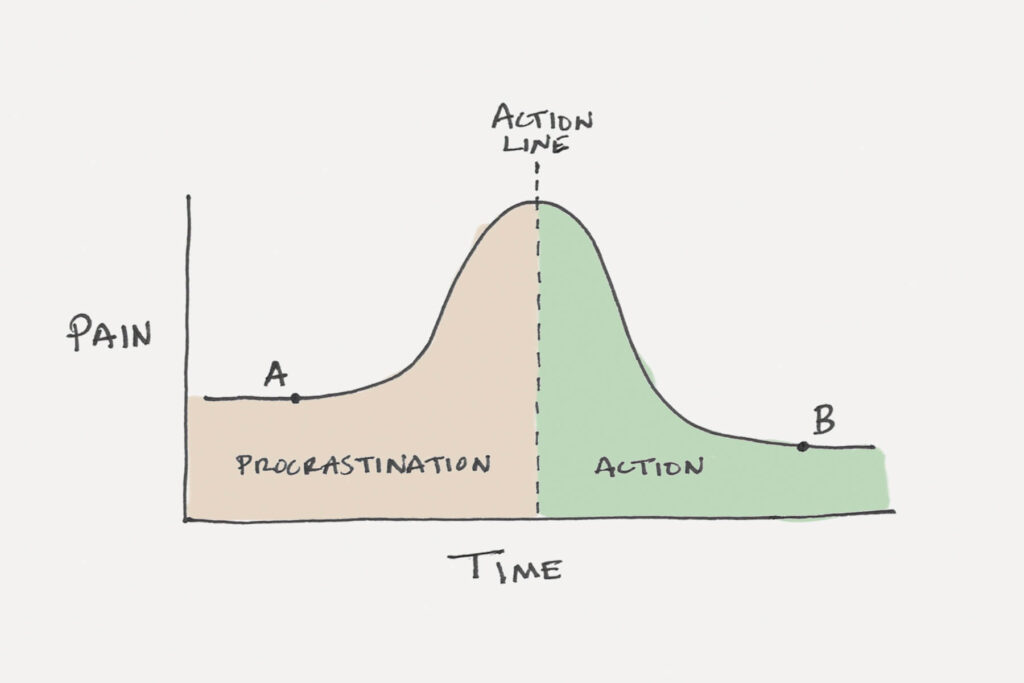
Procrastination creates a loop. It is very easy to get caught up in it and tough to break out from it. It is tough, but not impossible. We humans have an incredible ability to unlearn and adapt, this is our superpower. Identifying the root cause of our behaviour is the first step towards the solution. And I hope this blog helped you or at least has gotten you thinking in that direction.

- More blogs: https://nandrihealing.com/self-help/
- Counselling services: https://nandrihealing.com/offerings/
- Contact details: https://nandrihealing.com/reach-out/
Much love,
Nandri

